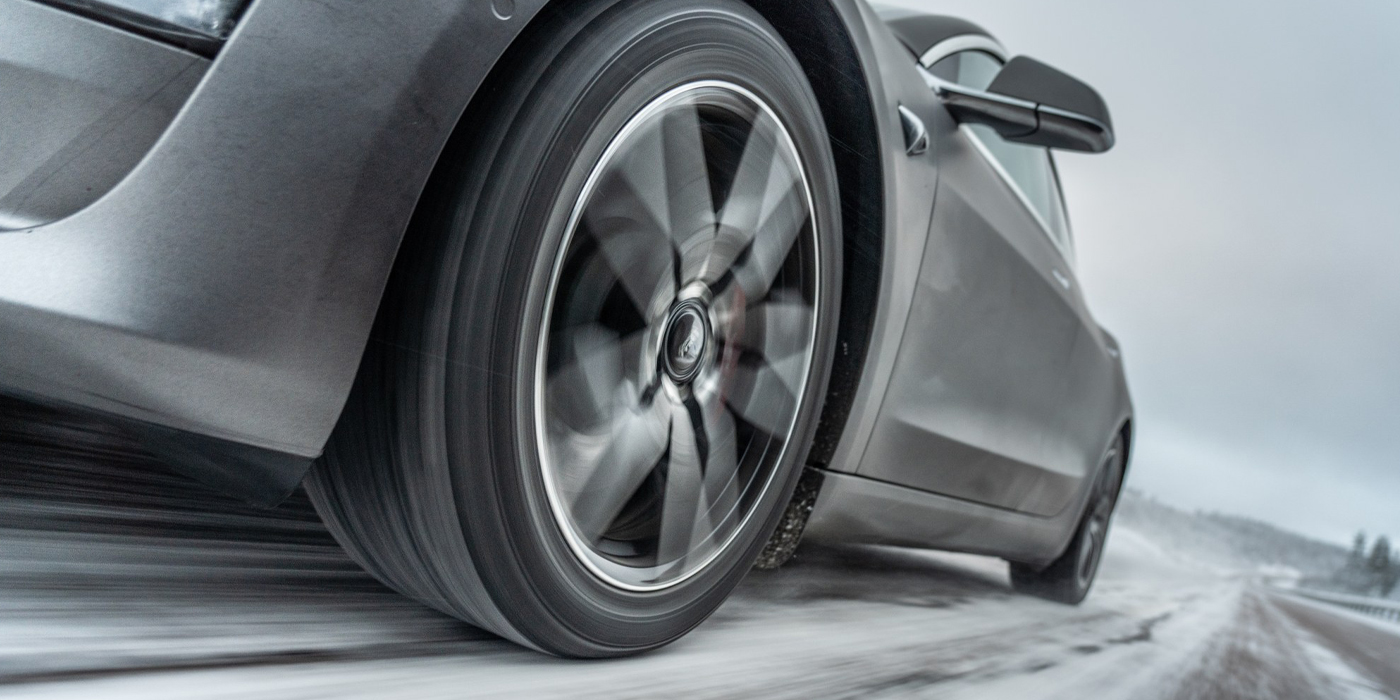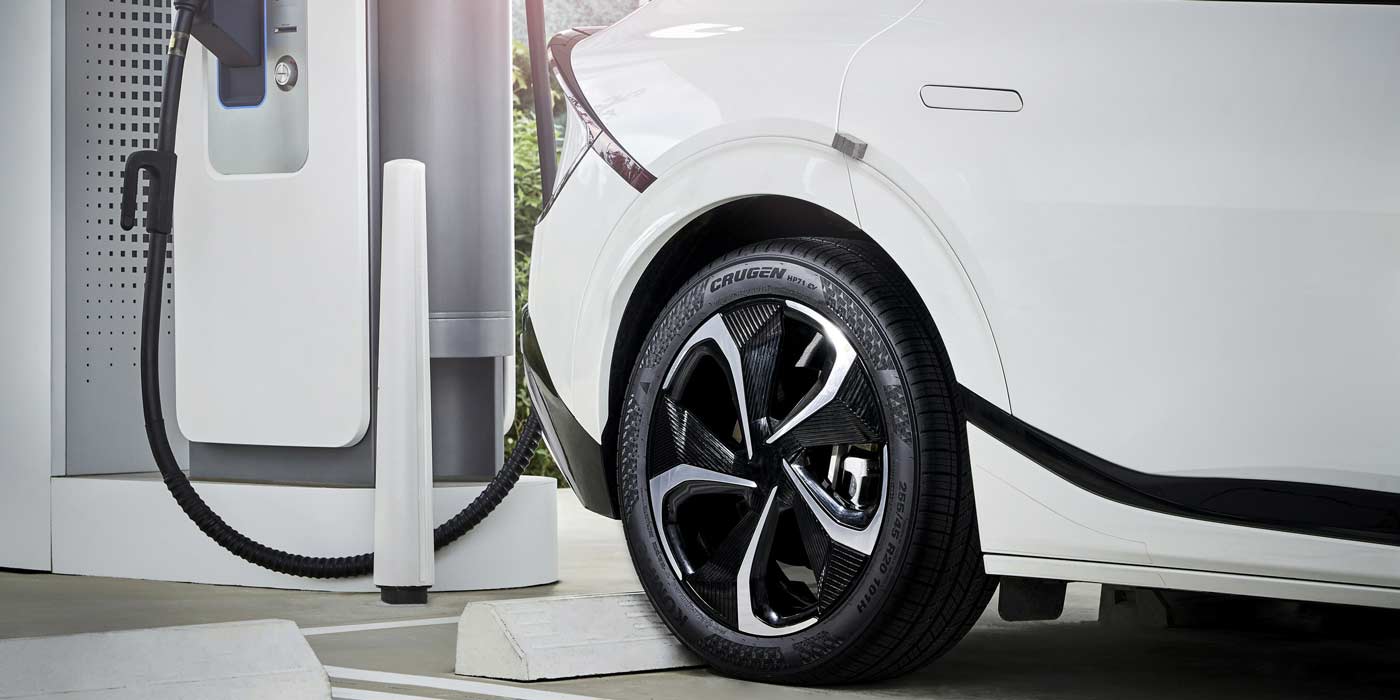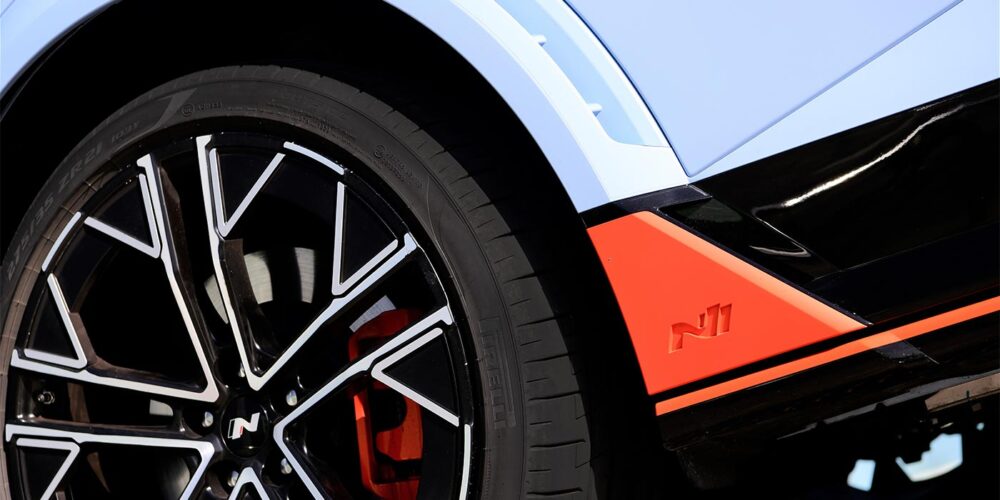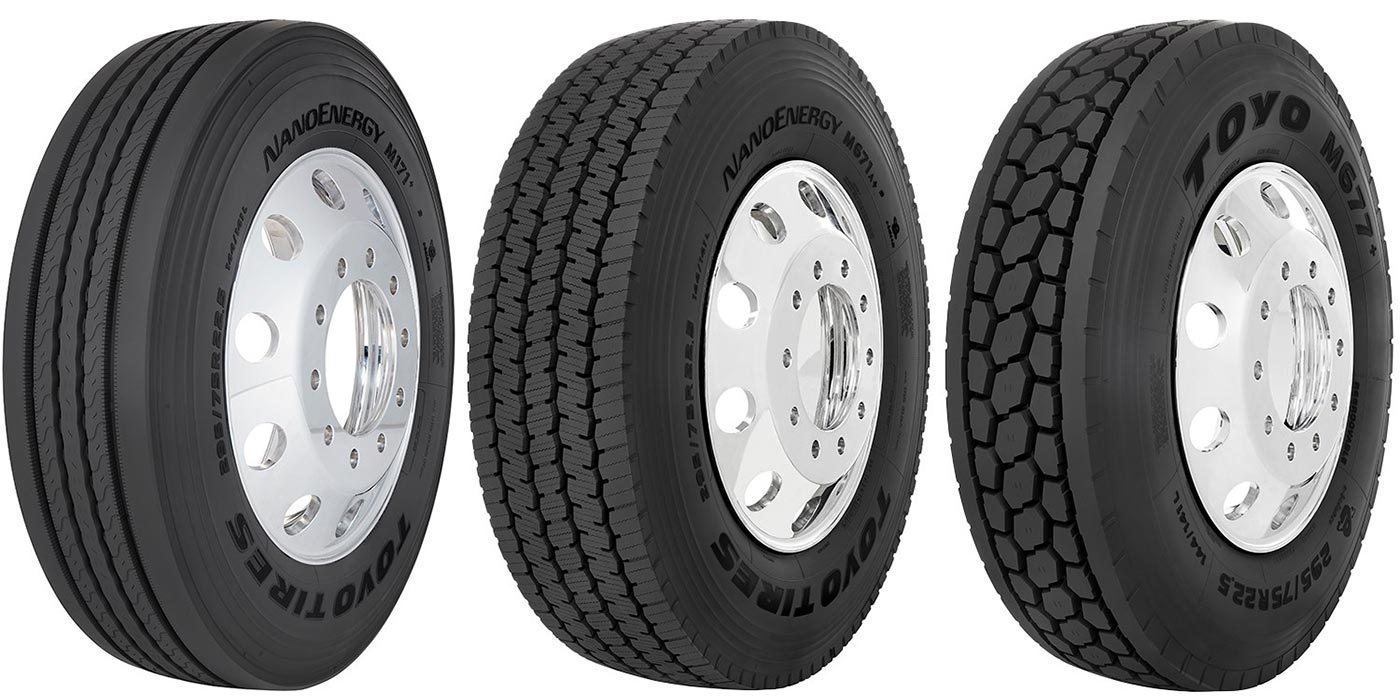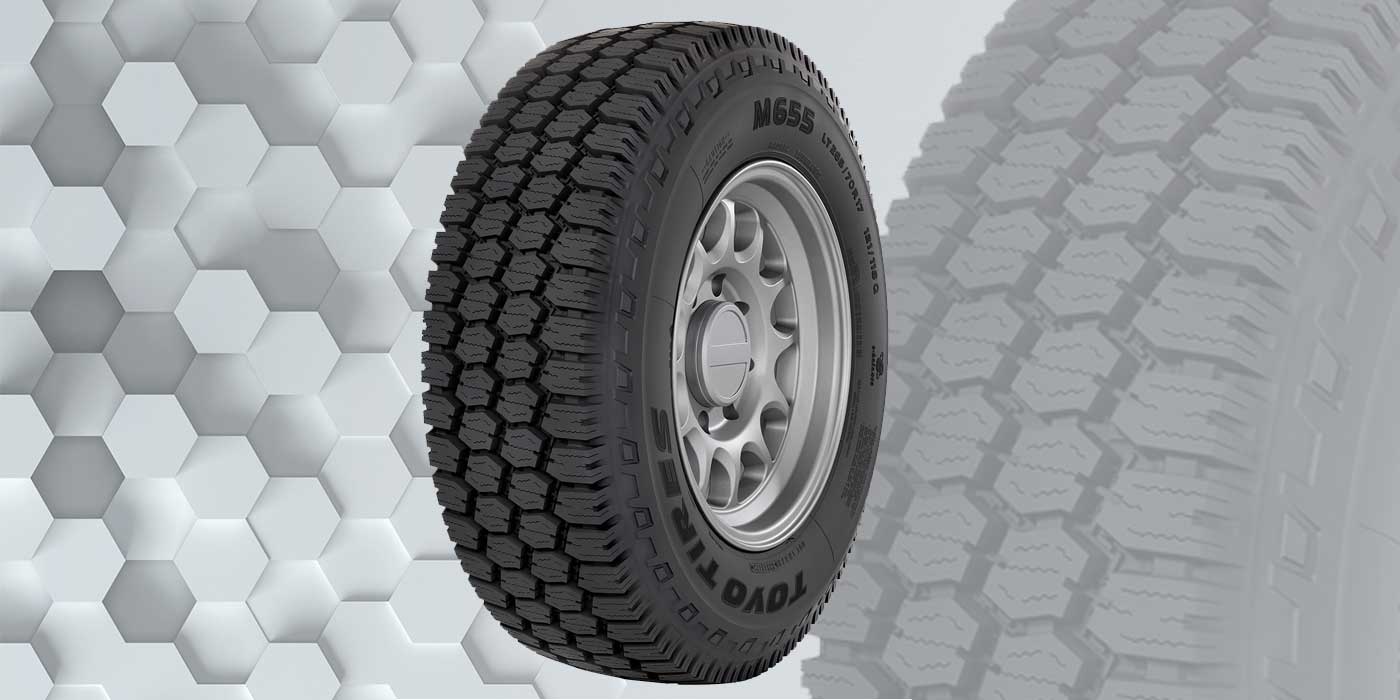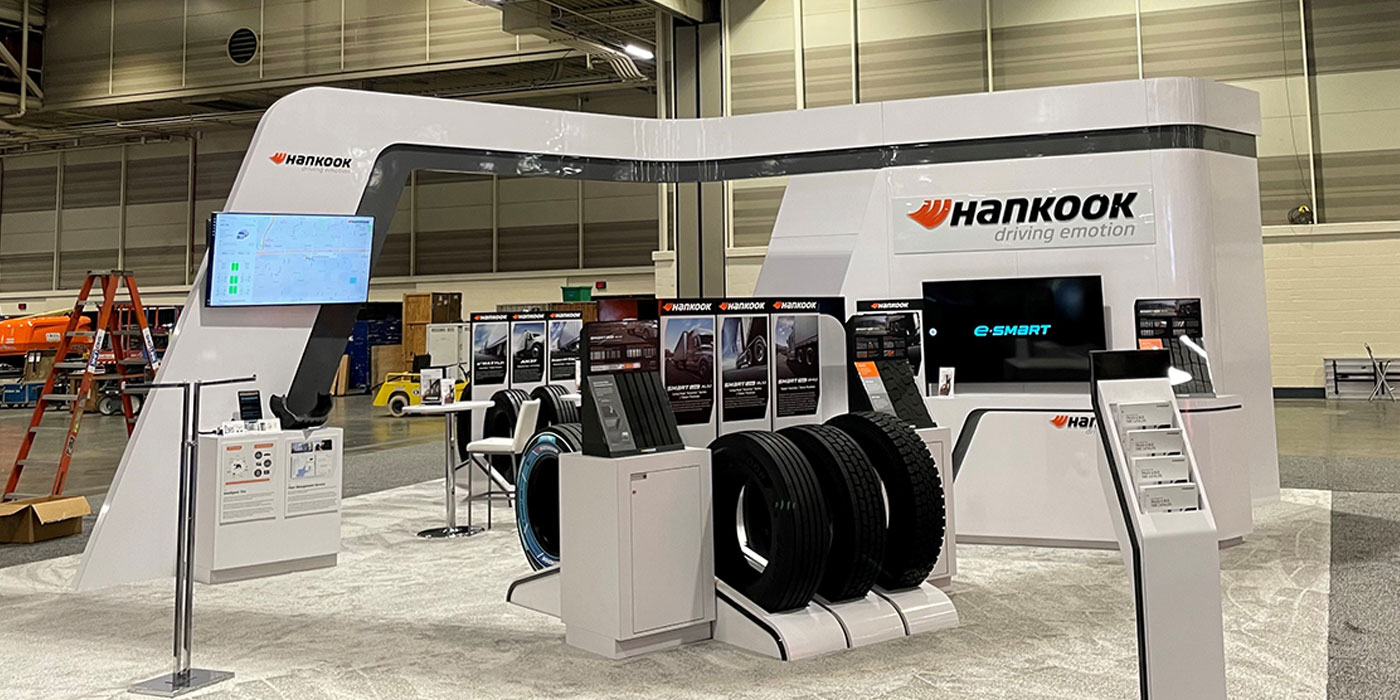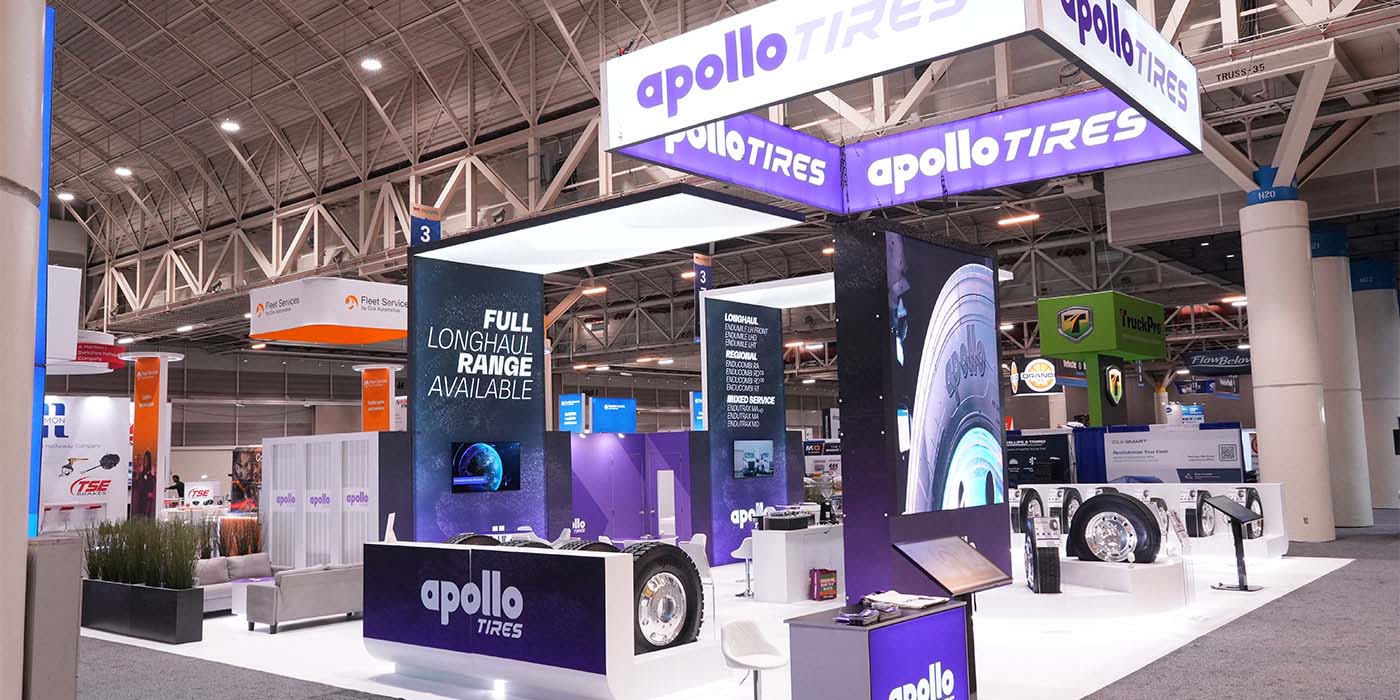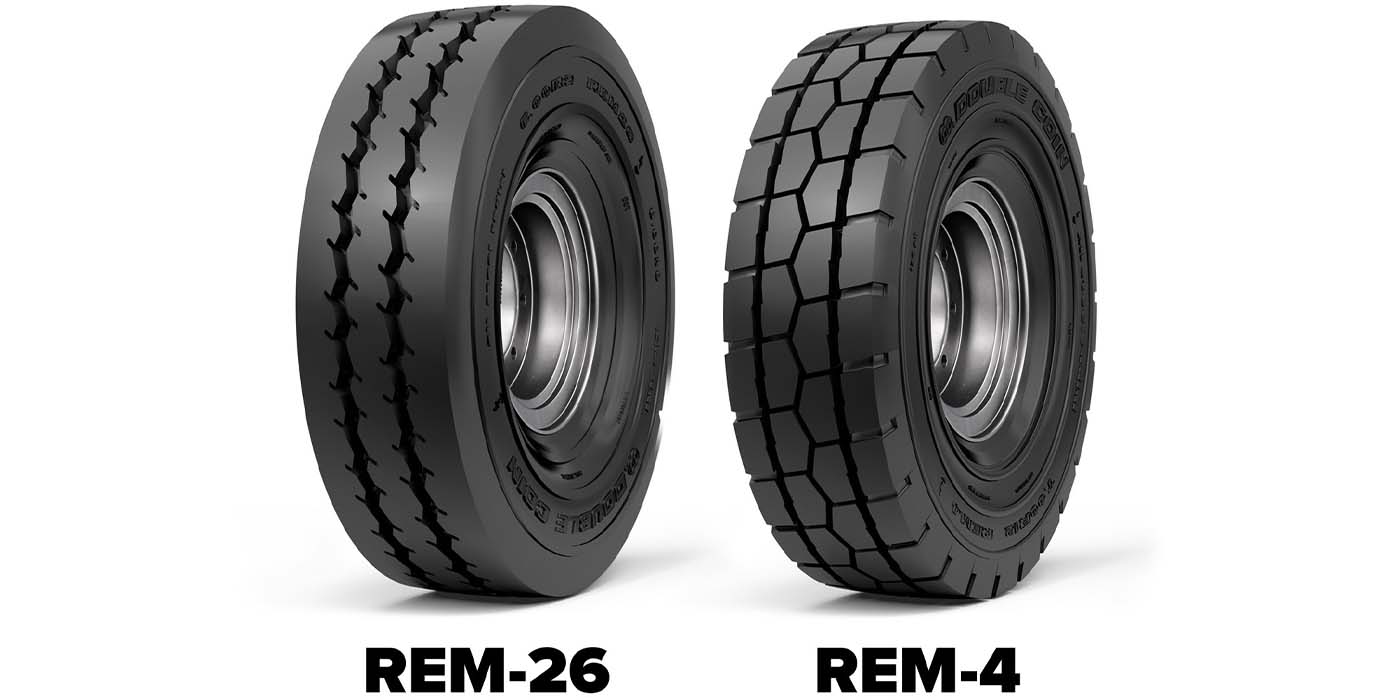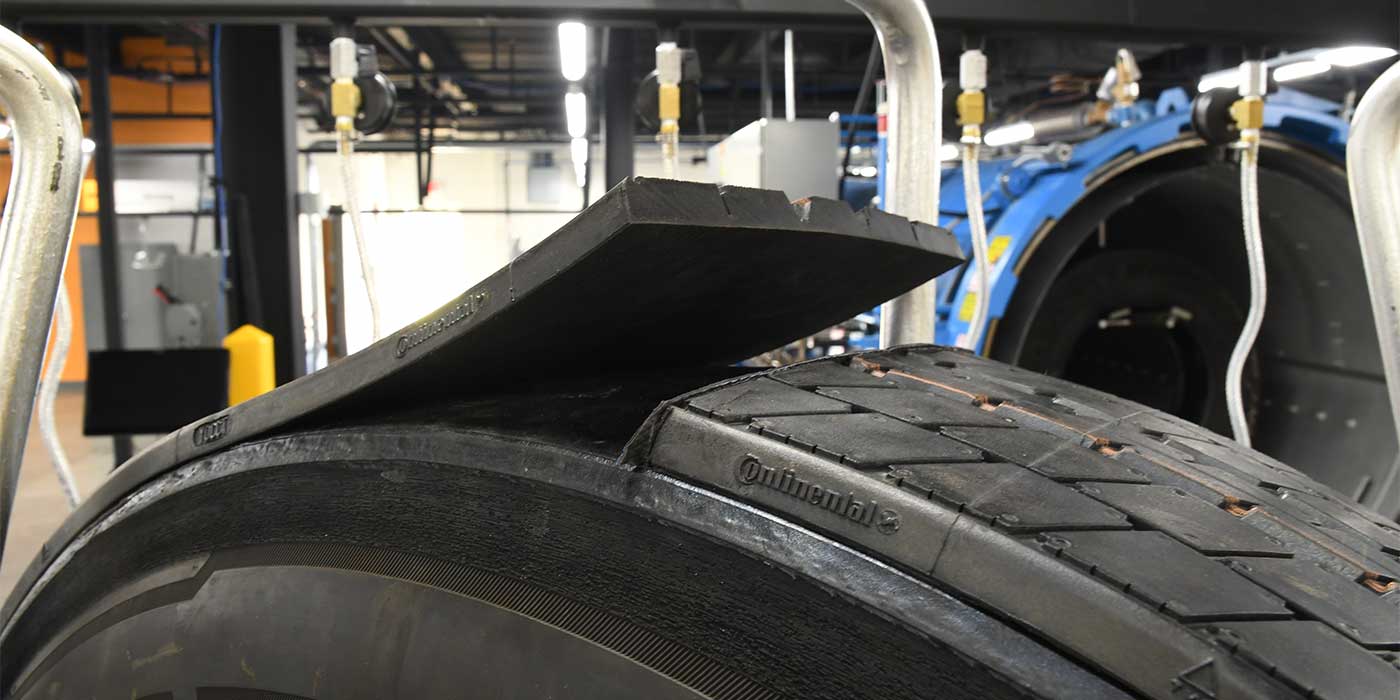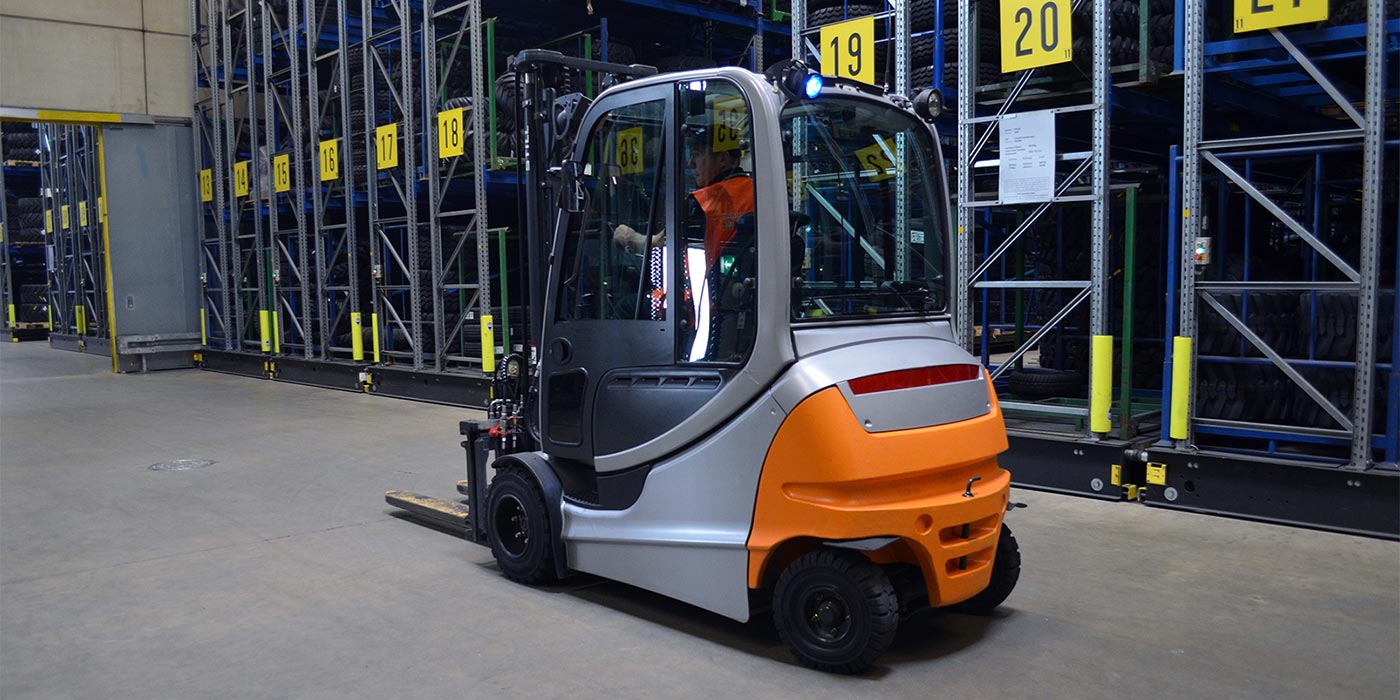In recent years, I’ve visited a number of trucking companies and had the opportunity to study their tire operations in some detail. Several I’ve seen lately made quite an impression, in that they were very atypical compared to what I have been used to seeing over the years. Specifically, they were organized, uncluttered and very clean.
Reflecting on my positive reaction to this unexpected tire shop cleanliness, I began to wonder how much cost this added and why more companies wouldn’t choose to insist on this more labor-friendly working environment if it were reasonably affordable and productive.
It seemed intuitive that the upside of doing this would overbalance the negatives. One of the truck company managers I spoke with stated simply that, in his opinion, he couldn’t afford not to keep the area clean. That attitude provides some food for thought.
Most tire industry veterans have long questioned the all-too-common practice of some trucking companies in assigning entry-level employees, often with little training or experience in “reading” treadwear patterns or casing failure analysis, to tire service operations. This translates into lots of missed opportunities for cost reduction. It also seems surprising, given that tires typically represent the second-largest equipment operating expense, excluding driver wages.
Also, tire shop physical facilities have often seemed second-class compared to other parts of the typical truck maintenance garage area. And this is a viewpoint shared by outside visitors as well as by employees working there.
Creating or improving positive employee morale is a good place to start. Given a choice, nearly all of us would prefer and appreciate a clean, orderly workplace. Nearing retirement, I can now confess that the engraved stone reading, “A Cluttered Desk Is A Sign Of Genius” that graced my workplace for years was more of a request for respect than a true statement of preference for disorganization!
Boosting Morale
All employees appreciate small expressions of cleanliness and gratitude, such as fresh paint, access to proper tools, storage cabinets, and shop accessories that are current in design and well maintained. The unspoken inference of a clean shop is that the company cares about its employees. This breeds pride and a tendency for employees to accept some personal responsibility to maintain the order and cleanliness.
Organization, just like its polar opposite, can become accepted and self-energizing in a shop environment if it is firmly established by policy and supported by management.
Clean workplaces are also better organized. Inventory, tools, paperwork, and incoming and outgoing product can be clearly separated, which means less time is spent looking for different items. This also makes it easy to notice “missing” items by their conspicuous absence from an assigned or usual storage spot.
The security of tire inventory, work-in-process components, tools and other items may also benefit. Care should be taken, however, to have workers in shared space agree on the format and organization so that a work area doesn’t become perceived as any one person’s private domain. There is no room for “kings” and “castles” in any shop.
Enhanced safety is another benefit of cleanliness and organization. This is especially relevant in commercial tire shops, where inflated tire/wheel assemblies that are not in a mounting cage or securely bolted onto a vehicle axle end represent a significant liability. Storage of these units, even for short periods of time, should be away from aisles routinely traveled by workers and especially away from customers or any others not specifically trained in proper mounting, inflation and handling procedures for these high-pressure assemblies.
Keeping commercial customers, including drivers, safely separated from newly mounted tire/wheel assemblies and other potential safety concerns in working areas can be more difficult than in consumer settings. This is primarily due to the fact that much of the tire service work can be performed in areas not clearly defined as off limits. Step one should be to establish an area for tire service work, and make sure that all such work is performed within that area. If that is not possible, particularly if service work needs to be done outdoors, you should have a specific plan to cordon off the work area, maintaining a safe distance between the work area and any passers by.
Other safety benefits accrue from keeping floors and driveways free of debris or slippery surfaces, ensuring that walkways and work stations remain uncluttered and maintaining open areas around machines.
Top of the Pack
A clean, ordered workplace also projects a strong positive image to those outside of your organization. This is especially relevant for tire dealers that rely on commercial customers for continuing business. The cleanest and most orderly tire shops that I’ve observed tend to be located at a home office or at major service locations of large, line-haul fleets and some private carriers.
These end-user customers, some of which are raising the “clean shop” bar themselves, represent dealer opportunities for sales of new tires, as well as retreading, repairing, road calls and other services.
At the very least, all customers, including prospective ones, should never view your facilities as anything other than an improvement over their own in-house tire operations. After all, your solicitation of their business should be structured around showing that you are professional and capable of meeting some or all of their tire program requirements better than they can in house. Otherwise, their sourcing discussion soon gravitates to little more than pure pricing issues and resulting low margins for your business.
Similar to impressed customers, vendor/supplier relationships can be enhanced by a “cleaner-than-the-competition” workplace. Being selected, cited or referenced as a “better-than-the-norm” dealership inevitably creates promotion, public relations boosts and voluntary word-of-mouth advertising that would otherwise be costly to obtain.
A little creativity in establishing some distinctive, distinguishing features/practices beyond the normal shop order and cleanliness could go a long way here. Most customers and suppliers share the common trait of preferring to do business with other businesses they admire or perceive to be at the top of their game.
The bottom line of all this is that it makes good business sense to operate a clean and orderly shop. Admittedly, some of the potential benefits noted here may be difficult to quantify and will likely be unique to your individual location, customer base, vocational concentration and competitive environment. On the other hand, some forward-thinking managers believe that operating a cleaner, more orderly shop adds little, if any, cost.
A little reflection on the type of business image you want to project, followed by a simple “why vs. why not do it” analysis, might be the catalyst needed to clean up your workplace. Certainly, our industry could benefit from an improved image in this regard. Perhaps even your insurance carrier will be impressed.

